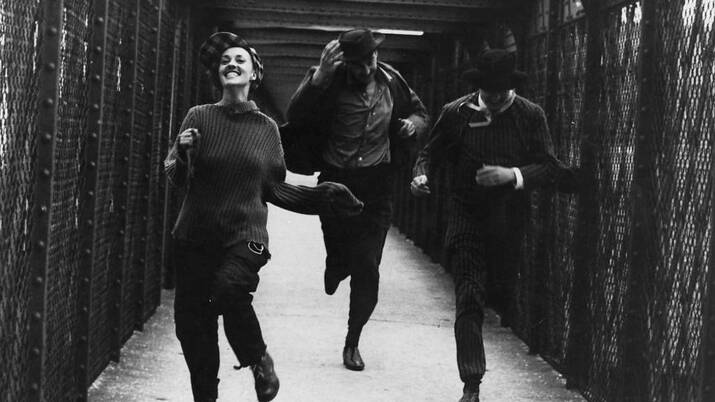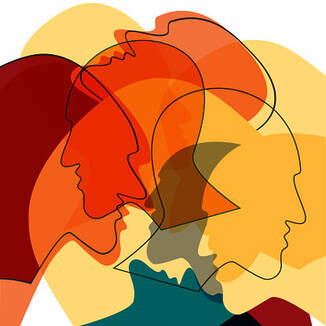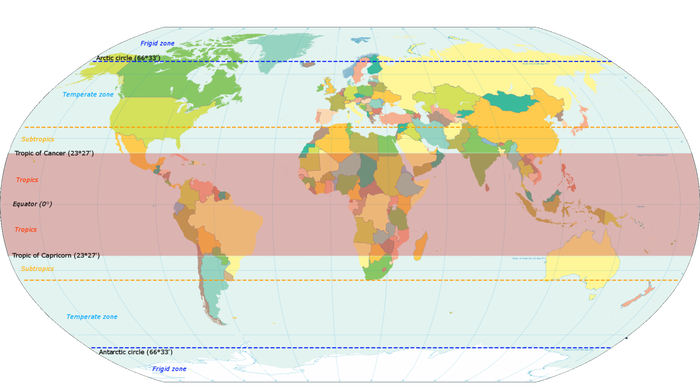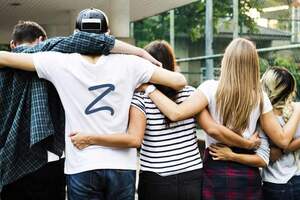
Being a model for many means being on top of the World. Naomi Cambelt, Claudia Schiffer, Sindy Crawford, Linda Evangelista, and many others rocked this World in the 80s-90s. The most famous authors and magazines write dizzy stories about their careers. They implemented a new concept to this World “being a top model”. They did not just demonstrate the designers’ pieces to make them attractive to reach customers, they started to show that model has a personality. Due to this approach fashion shows became performances, the model is the main character, and her face is recognizable. What an honor to open or close a fashion show, critics will remember your face, scouts of the most successful agencies will suggest you work with them and will invite you to further events…
On the 24th of June British Channel “Sky” released a short documentary “Scouting for Girls: Fashion’s Darkest Secret” with a star cast including former models. This is based on the investigation of The Guardian journalist Lucy Osborne. She talks about the abuse of girls and young women in the fashion industry. The famous former top-models share via interview stories from their careers.
There are several ways how to start your modeling career. The most common is when you have been noticed and scouted. Scouts are special workers of the model agencies, as a part of their work they should find attractive, unique girls from 13 to 18 years, and they should look for them in public places, now additionally on social media.
The most influenced public figures of the 80s – a glorious time in the modeling industry - were agents John Casablancas, Gérald Marie, Jean-Luc Brunel, and Claude Haddad. The scouting part of the fashion business was under their control. They chose the future stars of the catwalks and advertising campaigns. Three people listed are passed away except for Gérald Marie. He was charged, but he denies everything, the investigators cannot do much, because a lot of time has passed since the alleged date of the crimes.
Scout for the amateur model was not just an agent or pr-manager, it was a person who could assist you to use to the new world, place of living, and just “help” in challenging situations. Unexperienced young girls unconsciously became psychologically attached to this person, they were ready for everything and were controlled by this person. Many of the agents used this in their evil schemes, they sexually abused young models, introduced them to wealthy men, and basically “sold them” as an escort. Does it sound as gorgeous as some people imagined? Or is that a way of human trafficking and sexual abuse? Now we know, and we can finally call a spade a spade.
This legendary modeling epoch was not as glamorous as it looked. Models have been abused by their “mother agency” and by their reach “fans”. Unfortunately, they did not have many options: firstly, living in a new country without a stable income and networks is a challenging situation; secondly, if they had a choice to come back to their hometown, they would rather not do it. Why? Because society’s or even family’s punishment is another huge challenge and problem that could fall on the fragile shoulders of a young girl. They continued living in that vicious circle…
Currently, some decades later, modeling remains an industry with not the healthiest working environment, conditions, and with contradictive approaches. Undoubtedly it is starting to be more diverse; due to the social media models can share their routines and more openly talk about challenges that they face during their job. However, modeling is still far from perfection, and because of social’s media, abuse and trafficking realize themselves in new forms.






